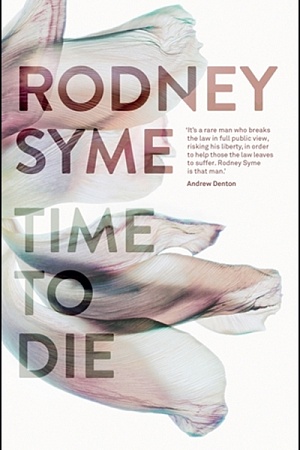All for Australia
Methuen Haynes, 176 pp
All for Australia by Geoffrey Blainey
It is, of course, impossible to separate this book from the debate partly initiated by Professor Blainey’s comments at a Rotary conference in March of this year, nor is it feasible to judge the book’s merits without considering its likely impact on the continued controversy about the size and composition of Australia’s immigration programme. In many ways, this slim volume will contain few surprises for those who have followed the debate with any degree of interest.
The Blainey view of immigration is based on a few simple assertions: during the present period of high unemployment our migration intake should be drastically reduced; Australia, like other rich nations, has a humanitarian responsibility to accept its fair share of refugees, given our population size and resource base, and the choice of refugees has not been based on genuine need; unlike the situation in the 1960s and early 1970s, government policy has gone far ahead of public opinion; the migration intake, in both family reunion and refugee categories, unfairly discriminates in favour of applicants from Asia, and from Vietnam in particular; government policy is formulated and administered in a secretive manner designed to deceive the population about the true situation; ‘old’ Australians in particular feel alienated in their own land, and are especially worried about the ‘Asianisation’ of their country; the concentration of Asian migrants in a few suburbs will cause tensions and perhaps lead to racial violence in some areas; the acceptance of migrants from Asia will not improve our trade and defence relations in the region, and in any case the majority of the population is not in favour of Australia becoming more identifiably part of Asia. These views were already familiar, and the book presents little or no supporting evidence to back up these claims.
Continue reading for only $10 per month. Subscribe and gain full access to Australian Book Review. Already a subscriber? Sign in. If you need assistance, feel free to contact us.













Leave a comment
If you are an ABR subscriber, you will need to sign in to post a comment.
If you have forgotten your sign in details, or if you receive an error message when trying to submit your comment, please email your comment (and the name of the article to which it relates) to ABR Comments. We will review your comment and, subject to approval, we will post it under your name.
Please note that all comments must be approved by ABR and comply with our Terms & Conditions.